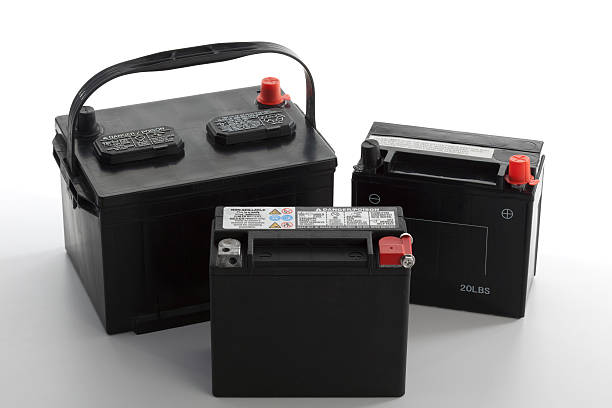August 27, 2024
Can I leave my car battery unused for an extended period of time?
Leaving a car battery unused for an extended period can lead to issues, as car batteries naturally lose charge over time even when not in use. Here are some potential risks and precautions:
Risks of Leaving a Car Battery Unused:
- Discharge: Car batteries gradually lose charge when unused, and a deeply discharged battery can become difficult to recharge.
- Sulfation: When a lead-acid battery is left discharged for too long, lead sulfate crystals can form on the battery plates, reducing its capacity.
- Corrosion: Long periods of disuse may lead to corrosion at the terminals, impairing the battery’s ability to deliver power.
- Shortened Lifespan: Extended periods without charging may reduce the overall lifespan of the battery.
Precautions to Protect an Unused Battery:
- Disconnect the Battery: If you’re leaving your car unused for months, disconnecting the negative terminal can prevent the battery from draining due to small draws from the car’s systems.
- Use a Battery Tender: A trickle charger or battery tender can keep the battery at an optimal charge without overcharging it.
- Store in a Cool, Dry Place: Heat accelerates battery discharge, so if the car is being stored, make sure it’s in a cool environment.
- Charge Periodically: If you can’t use a trickle charger, try to charge the battery every few weeks to prevent deep discharge.
Following these precautions can help you avoid needing to replace your battery when you use your car again.
Is it bad to leave a car battery dead for a long time?
Yes, leaving a car battery dead for a long time is generally bad for its health and can cause permanent damage. Here’s why:
Potential Issues with Leaving a Car Battery Dead:
- Sulfation: When a lead-acid battery remains in a discharged state for an extended period, lead sulfate crystals form on the battery’s plates. This process, called sulfation, is usually irreversible and significantly reduces the battery’s ability to hold a charge.
- Permanent Capacity Loss: Once a battery remains dead for a long time, it loses a significant portion of its charging capacity, even if recharged later.
- Inability to Recharge: A severely discharged or dead battery may become so degraded that it cannot be recharged at all, leading to the need for replacement.
- Corrosion and Internal Damage: While the battery is dead, it can start to develop internal corrosion and damage that can spread and worsen over time.
How to Prevent Damage:
- Recharge Promptly: If your battery dies, it’s important to recharge it as soon as possible to avoid long-term damage.
- Use a Battery Maintainer: If you know you won’t be using the car for a while, consider using a battery maintainer or trickle charger to prevent the battery from discharging fully.
Leaving a battery dead for a long period will likely result in the need to replace it, which can be more costly than taking preventive measures.

